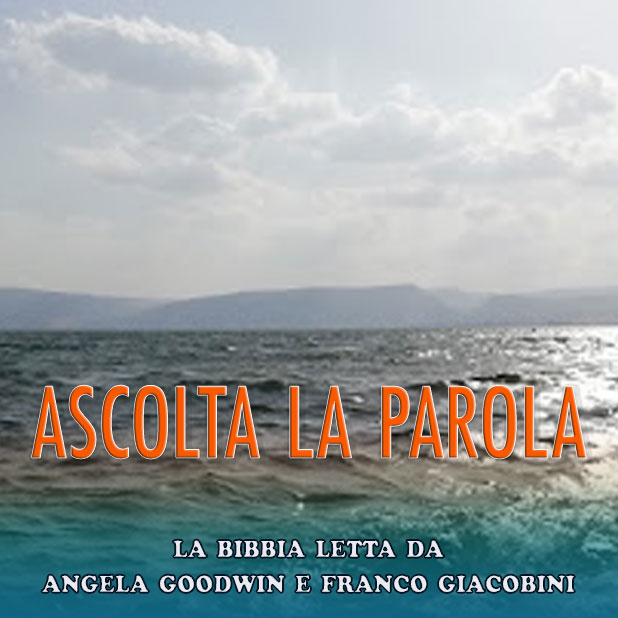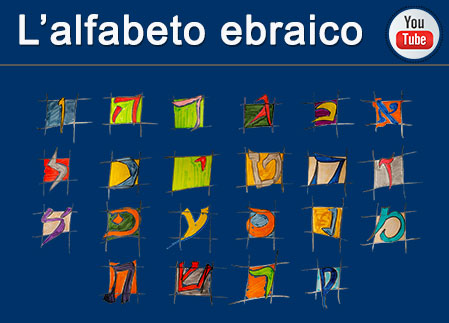Cassidy, Edward Idris
Australia 20/10/2005
Firstly, I wish to express my deep gratitude to the St. Thomas More Society and the New South Wales Jewish Board of Deputies for having made this evening possible. It was their idea to commemorate in a special way the fortieth anniversary of the Second Vatican Council document Nostra Aetate, and then to make this the occasion for the launch of my book, Rediscovering Vatican II – Ecumenism and Interreligious Dialogue. A very special word of thanks to John McCarthy QC and David Knoll, for their part in the organisation of this evening. To have our State Governor preside at this function is a signal honour for me, not only because of the high position that she fulfils so graciously, but also for the fact that she is so greatly loved and admired by the people of this State.The offer of having this launch here in the Great Synagogue of Sydney has given new significance to the launch of a book that traces in some detail the wonderful story of Jewish-Catholic relations since the historic Council declarations in Nostra Aetate. Two thousand years of hostility on the part of the Christian world to the Jewish people, culminating in the great crime of the Shoah or Holocaust have, thanks to that declaration and the efforts to implement its teaching, brought us here this evening in this Great Synagogue, which is so close to St. Mary’s Cathedral, yet it has only recently that the communities these buildings serve have come to be so close to each other.
None of the progress made in this relationship, or in the others dealt with in my book, could have been realised without the ready and courageous positive response of outstanding leaders of the other Christian, Jewish, and Muslim communities, to the new approach of the Catholic Church. Our presence here tonight is a further example of that spirit of cooperation and trust, and I express my warmest appreciation for that to the Senior Minister, Rabbi Jeremy Lawrence and to his predecessor and good friend, Rabbi Raymond Apple.
Before I say a few words about my book, I would like to speak briefly about what was, for me, and I can say for Pope John Paul II himself, a high point and consummation of what Nostra Aetate has meant for Jewish-Catholic relations; and then share with you some thoughts about the future. It was my privilege to accompany Pope John Paul II on his visit to Israel in March 2000. It was most appropriate that the background to Cardinal Kasper’s address this evening was a view of the late Pontiff at the Wailing Wall in Jerusalem. As I stood there a few steps behind the Pope and saw him place in the Wall a copy of the prayer asking pardon “for the behaviour of those who in the course of history have caused these children of yours to suffer” that had been offered in St. Peter’s Basilica a couple of weeks earlier on behalf of the whole world-wide Catholic community, I felt that I was witnessing the close of 2000 years of a sad and tragic history and the confirmation of the new era of cooperation and understanding that dawned with the promulgation of Nostra Aetate. That moment, together with the visit to Yad Vashem two days earlier, where I carried the wreath for Pope John Paul II to lay on the memorial to the victims of the Shoah, will remain always among my most cherished memories.
Turning to the future, I share Cardinal Kasper’s comment that “we are truly at the beginning of the beginning”. The way is now open for us to consolidate our gains by ensuring that our Jewish and Catholic communities are informed and educated in accord with the new spirit that has been created, a spirit of friendship, mutual respect, cooperation and understanding. We all know that much more has to be done in this field in both communities. But we must not be satisfied with that, for we have so much in common that we can offer together to a troubled world. We have the same God, our moral values have the same source in the Torah or Old Testament of the Bible, we have the same understanding of this world in which we live, our “new spirit of friendship and caring for one another may be the most important symbol that we have to offer to our troubled world” (ILC meeting Prague 1990 – page 195 of my book).
Preceding speakers have given an introduction to my book and an appreciation of my work. It has been for me a work of love. Like every love story, the preparation was at times very demanding and provided its challenges and difficulties. Despite some health problems, I was able to finish the work on schedule and am pleased that this is the first of the series of eight volumes on Vatican Council documents being published by Paulist Press to commemorate the fortieth anniversary of the close of the Second Vatican Council.
In my case, the aim was to revisit and, as it were, re-discover the two Vatican documents Nostra Aetate on the Church’s relations with other great World Religions and Unitatis Redintegratio on the Church and Christian Unity. The book therefore consists of two sections, the first on Ecumenism and the second on Interreligious Relations. In writing the second section, I was faced with the fact that, while the Vatican Council considers Catholic-Jewish relations in a special number of Nostra Aetate dedicated to Interreligious relations in general, following on the Council Pope Paul VI, at the request of Cardinal Bea, entrusted Catholic-Jewish relations to the Secretariat of Christian Unity and not to the Secretariat responsible for relations with other Religions. My solution was to deal in the second section of my book, on the chapters on the implementation of the Council decrees and the present State of the Question, with a) Religions other than the Jewish Religion and b) Catholic-Jewish Relations.
It might seem strange to include in one volume ecumenism, interreligious dialogue in general and Catholic-Jewish relations, and yet they all have much in common. The progress in each of these fields is based on a common approach. Inspired by the principles proposed by the Second Vatican Council, the Church set out to enter into dialogue or discussions, to listen, learn and explain. In genuine dialogue individuals and religions clarify their own identities as they explore similarities and differences with others. From my own experience as President of the Pontifical Council for Christian Unity and of the Holy See’s Commission for Relations with the Jews, and as a member of the Pontifical Council for Interreligious Dialogue, I not only learnt much, but was also greatly enriched. As Pope Paul VI once stated, “true dialogue is an exchange of gifts”.
The volume that is launched this evening is a proof of this. Open and honest dialogue has led us along new paths, from hostility or indifference, to understanding and appreciation, and more recently to cooperation and joint initiatives in favour of common values, peace, justice and the protection of our environment. That we continue to advance is important for the challenge that is common to all who see themselves as children of Abraham, namely to work together for the good of our society, to heal a broken world.
Thank you all for your presence here this evening, and may God be with you all.
558 visualizzazioni.
Inserito 01/01/1970
Relazioni Ebraico-Cristiane
Ultime novità nel sito
- 19/04/2020: Articolo - L’enigma della Maddalena
- 23/02/2020: Articolo - Il locus amoenus nelle catacombe ebraiche e cristiane di Roma
- 16/02/2020: Articolo - Il profetismo nel Vicino Oriente antico
- 13/02/2020: Articolo - I Profeti della Cappella Sistina
- 09/02/2020: Articolo - Gerusalemme e la Terra Santa di Israele


